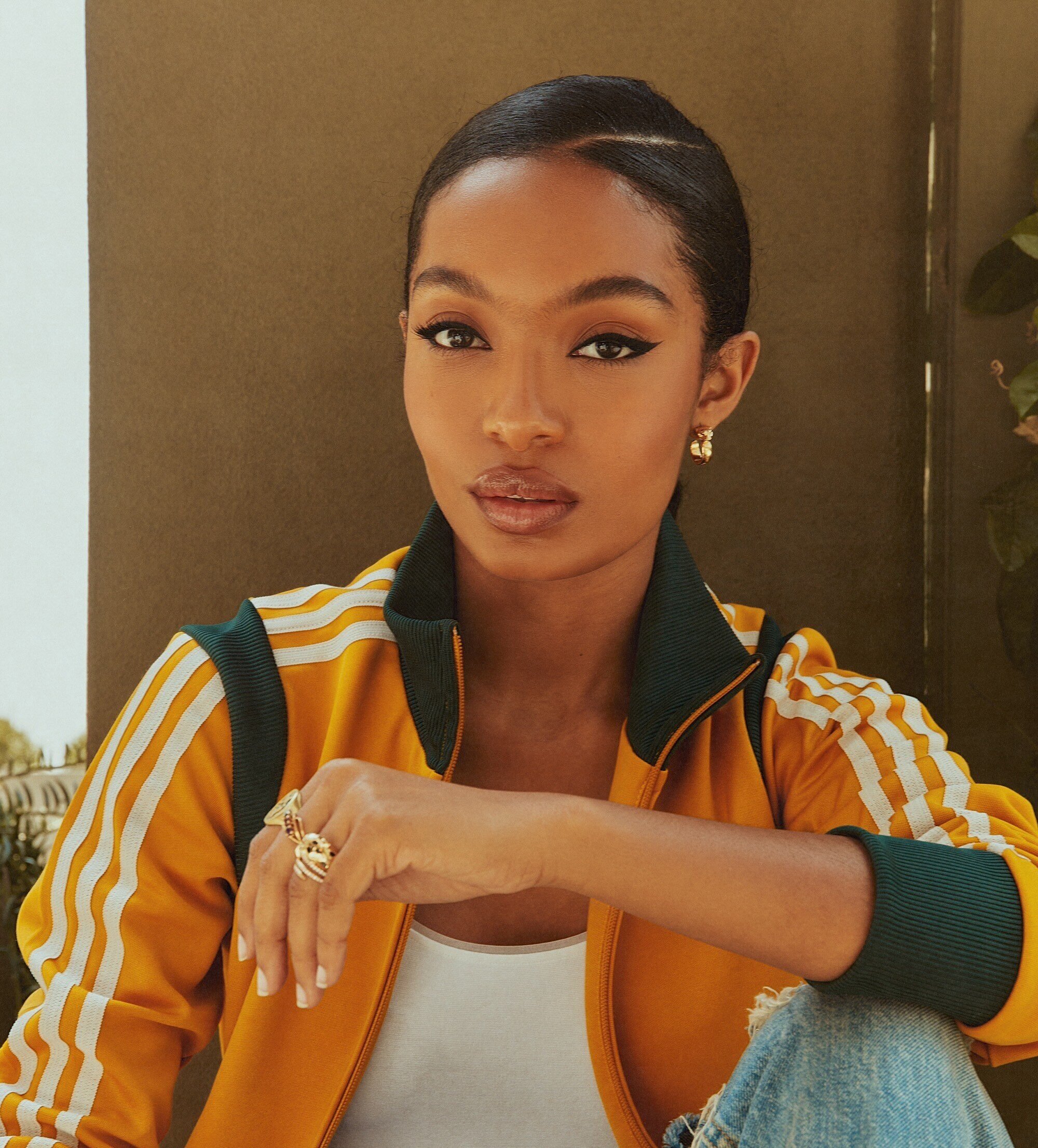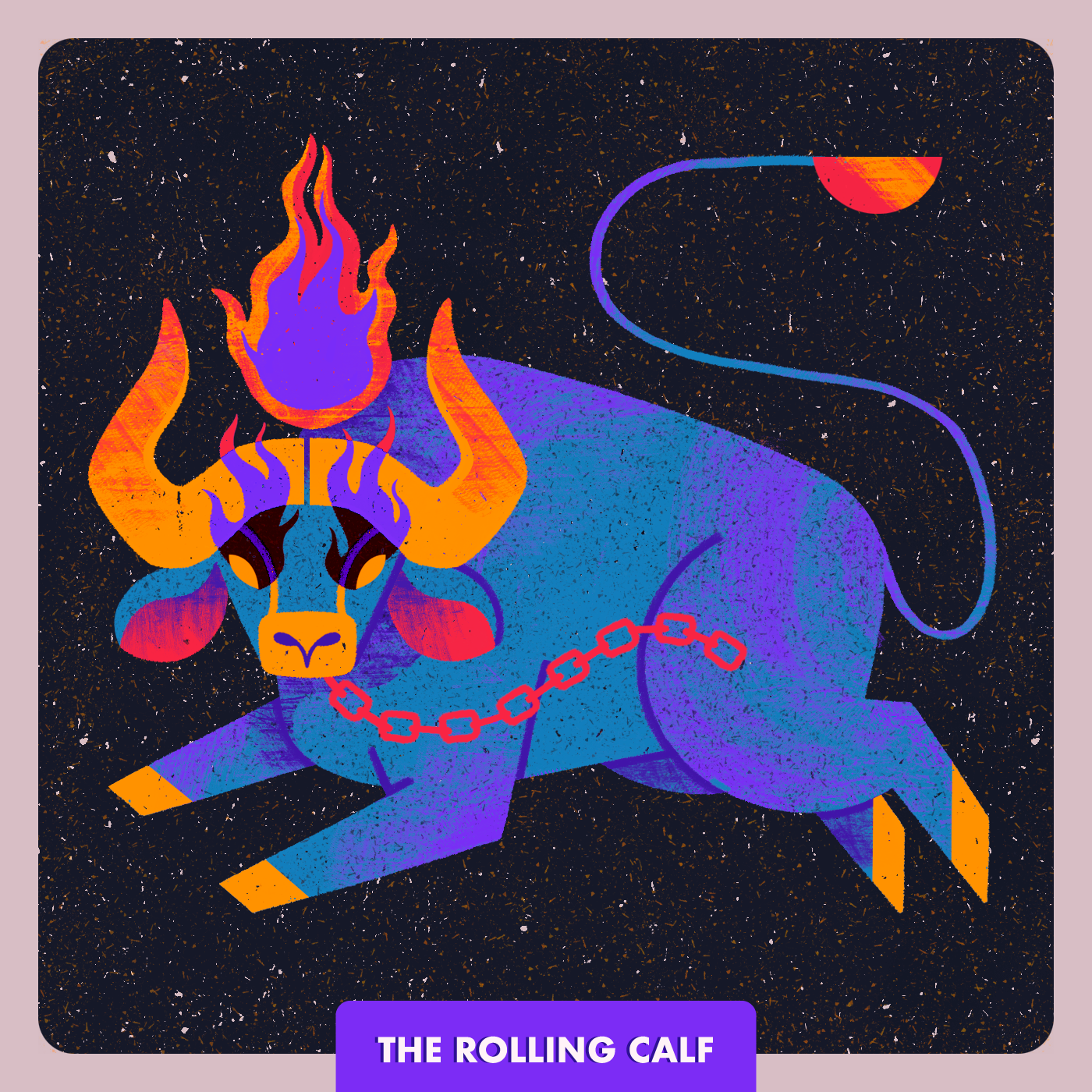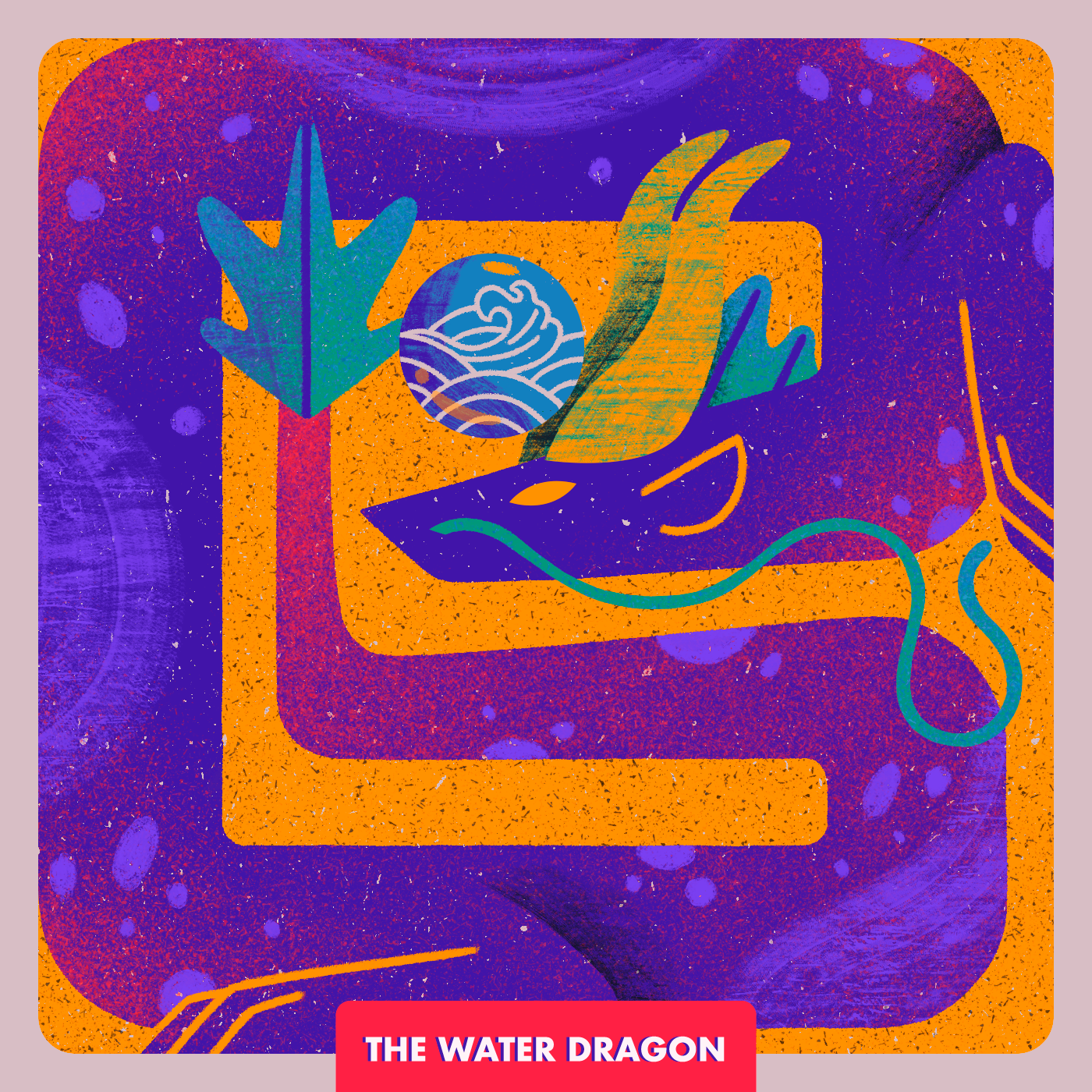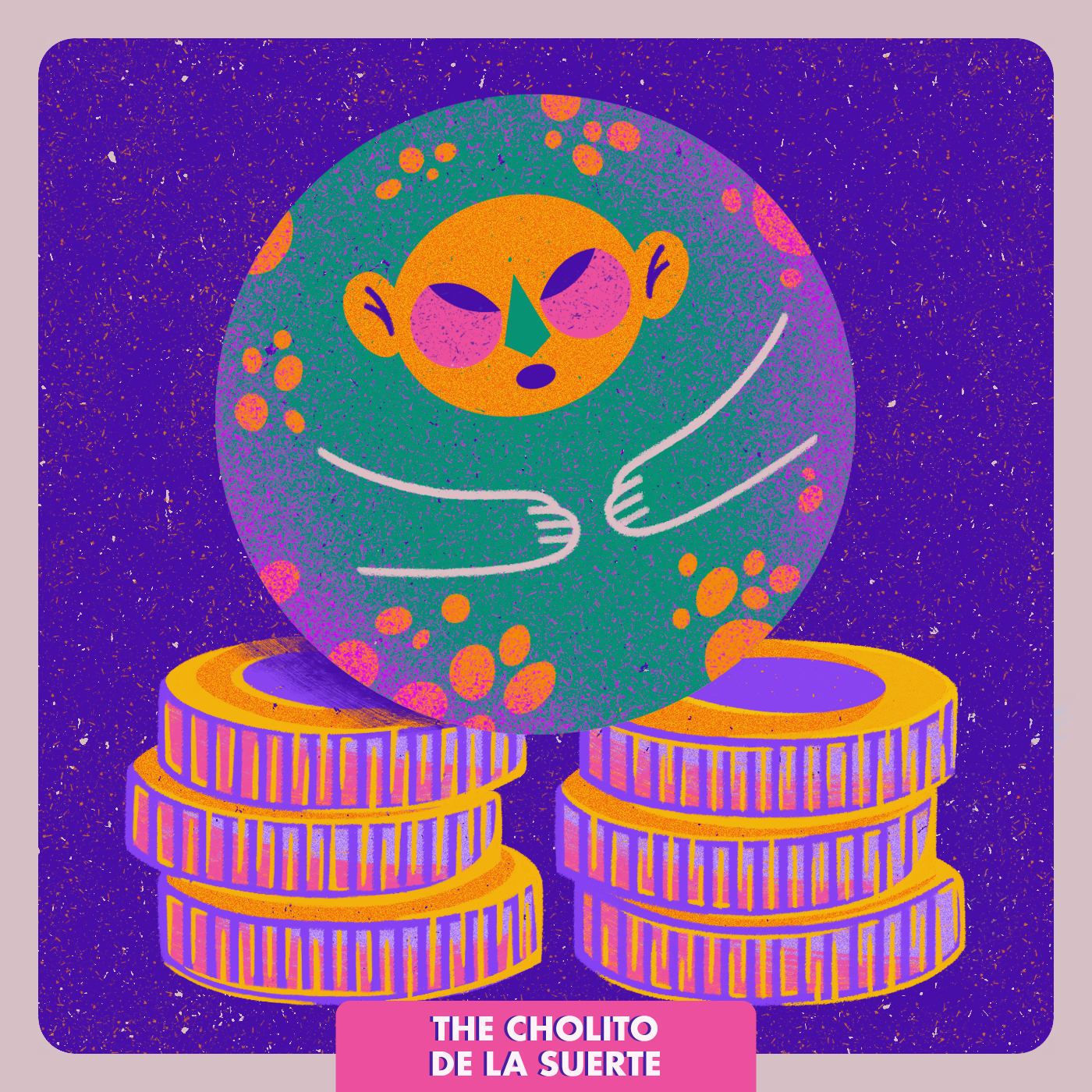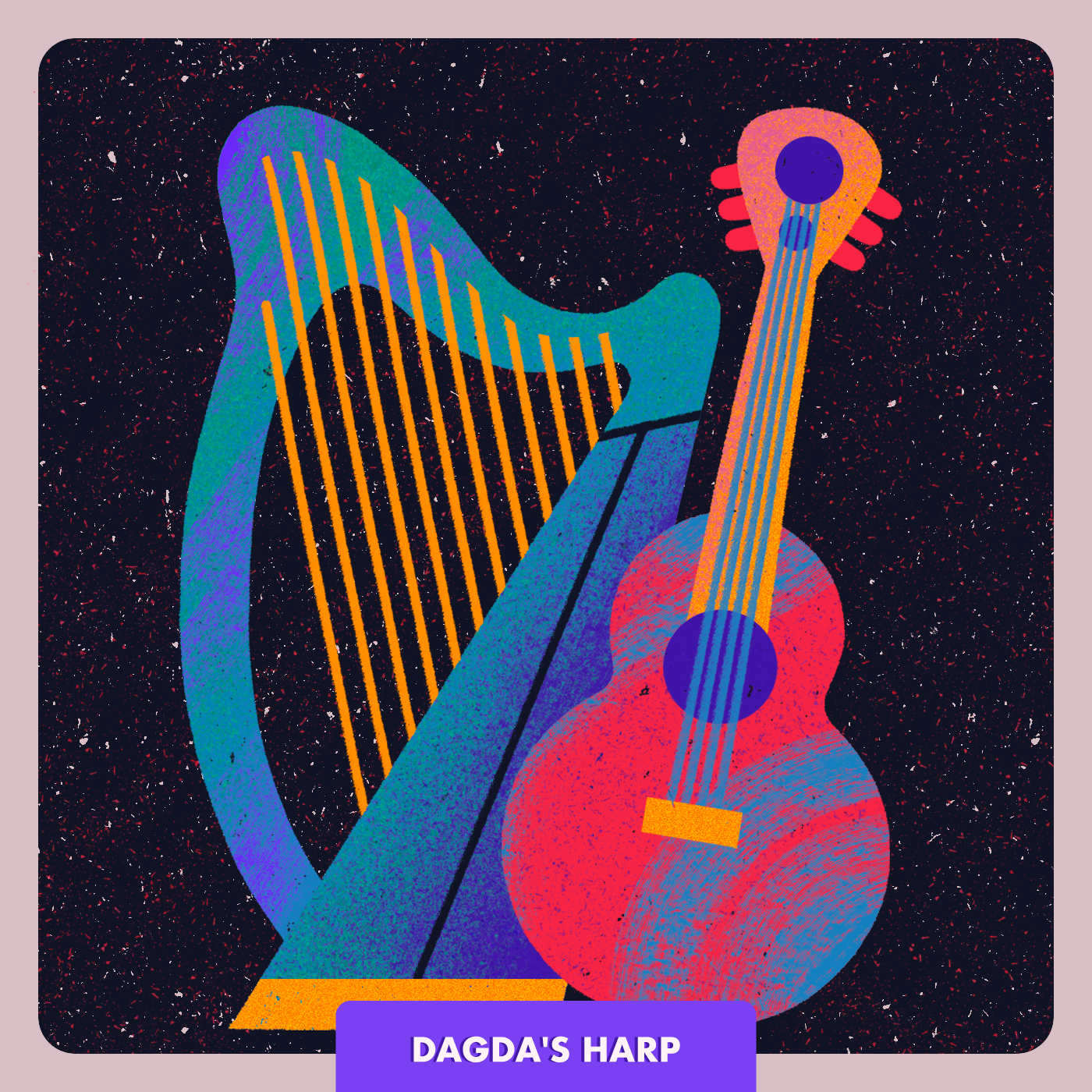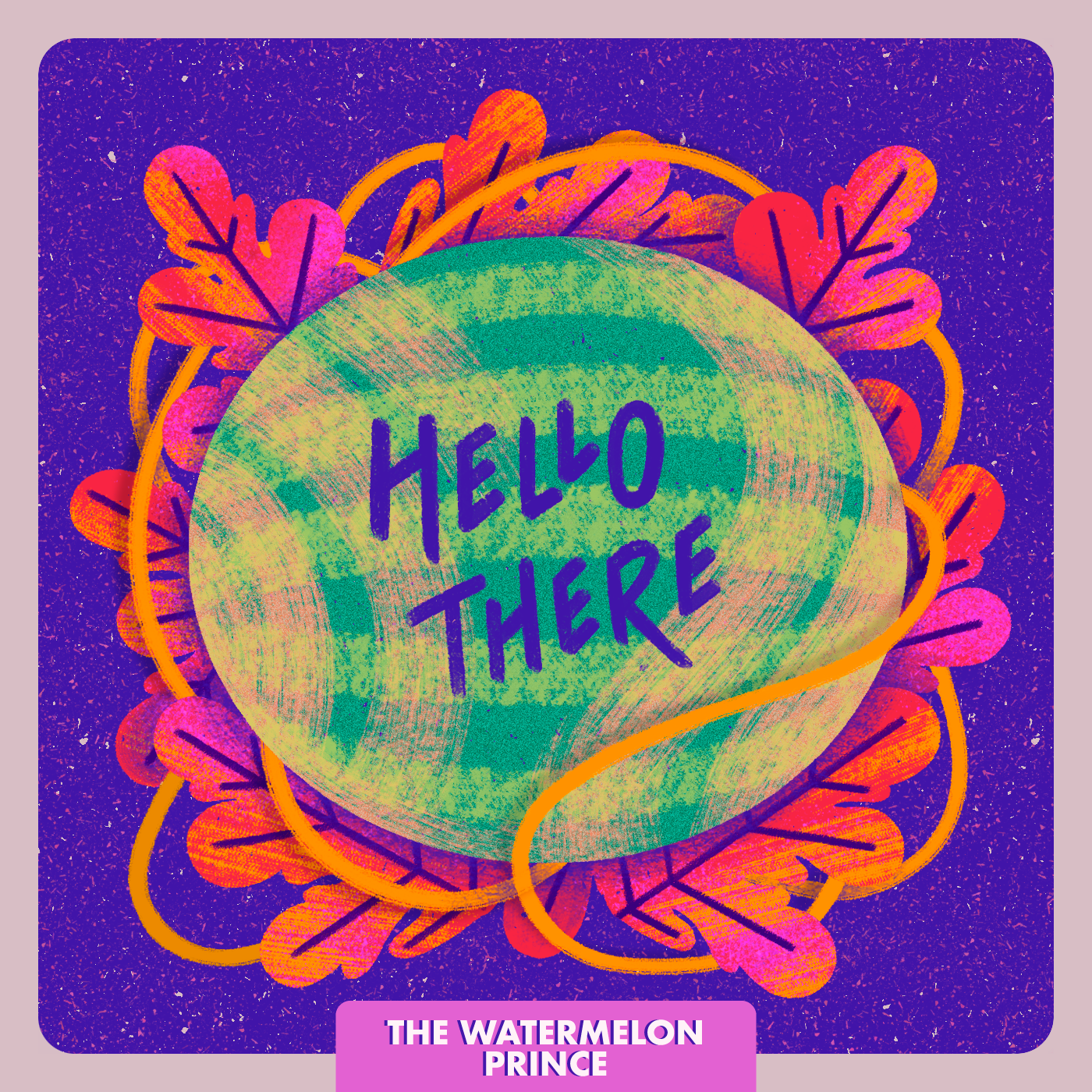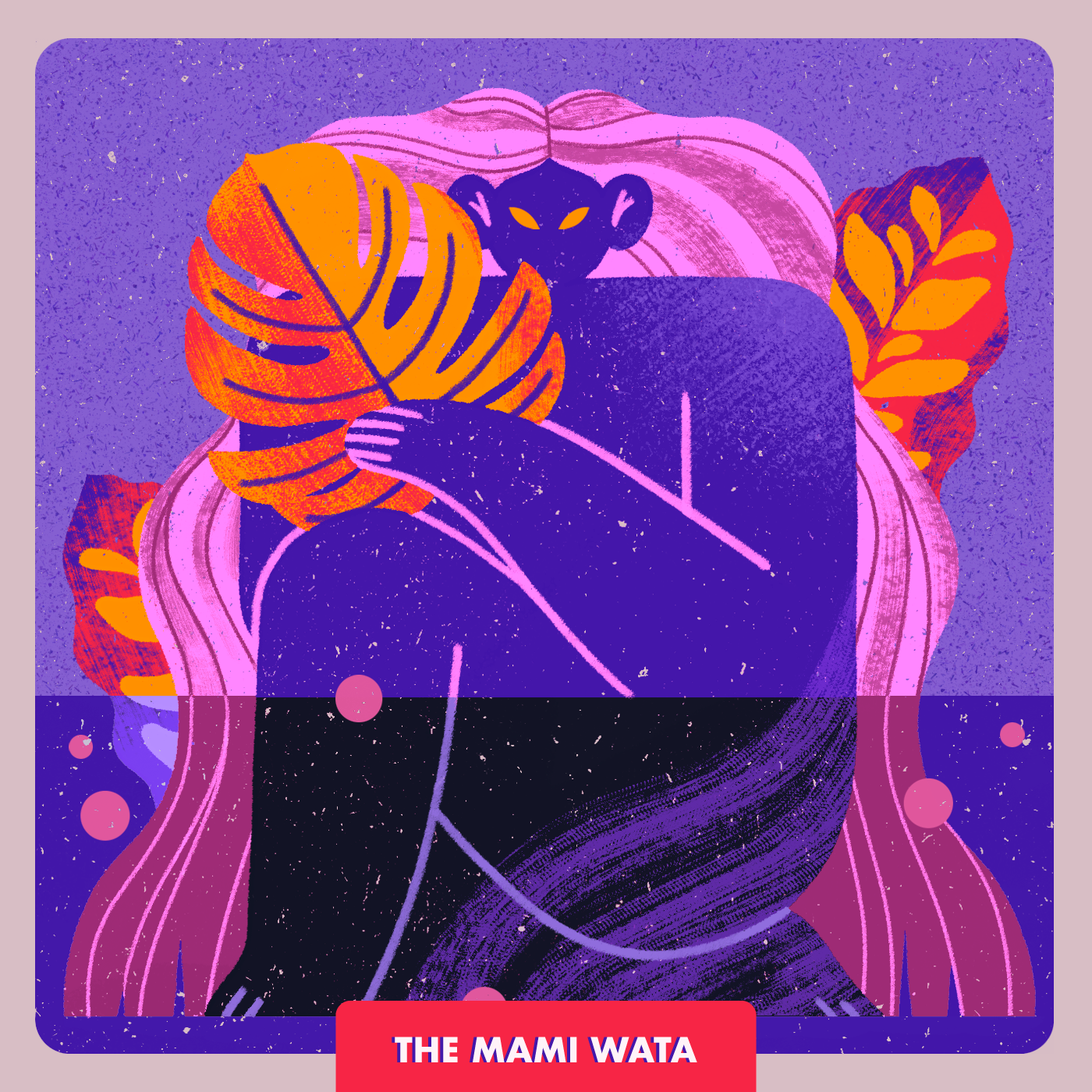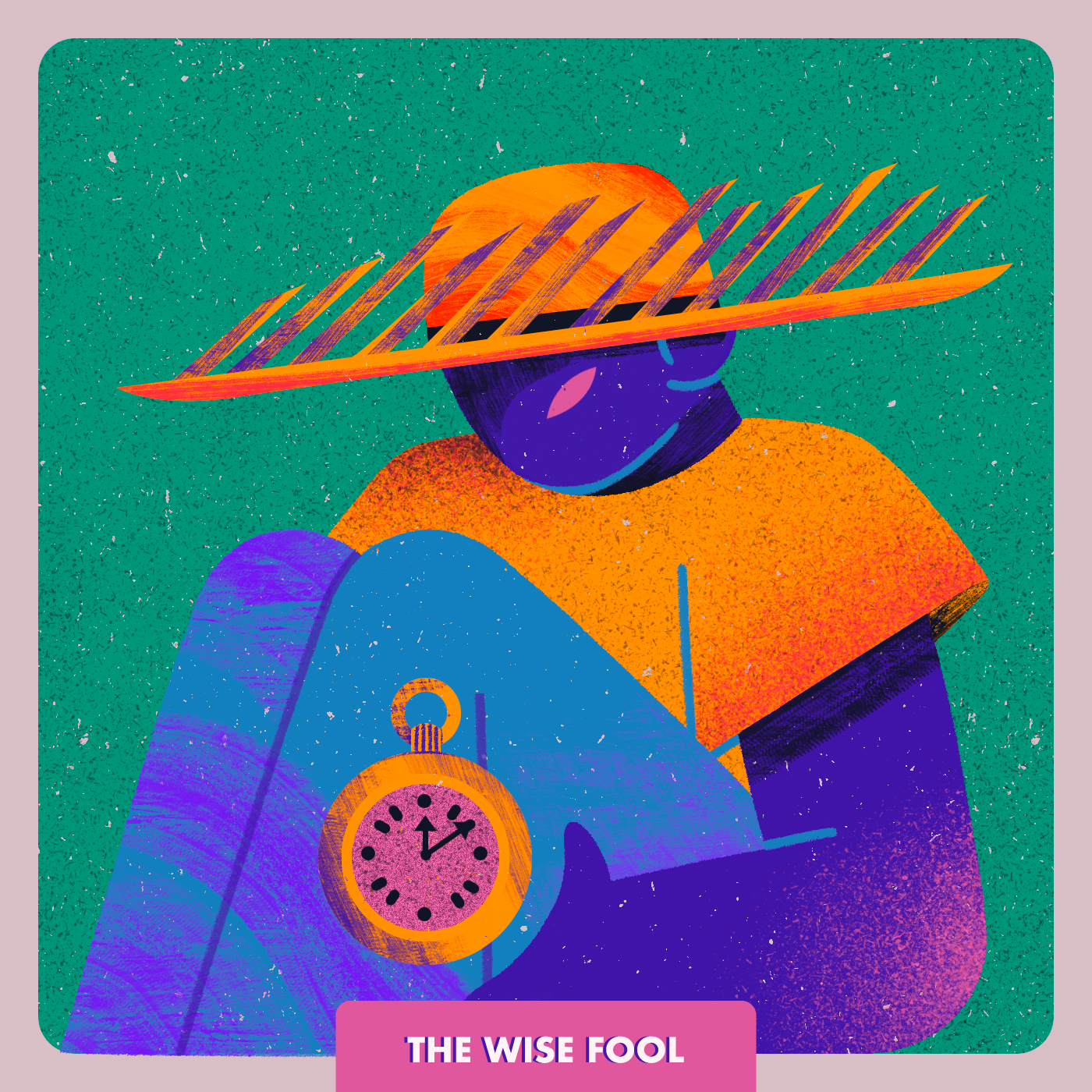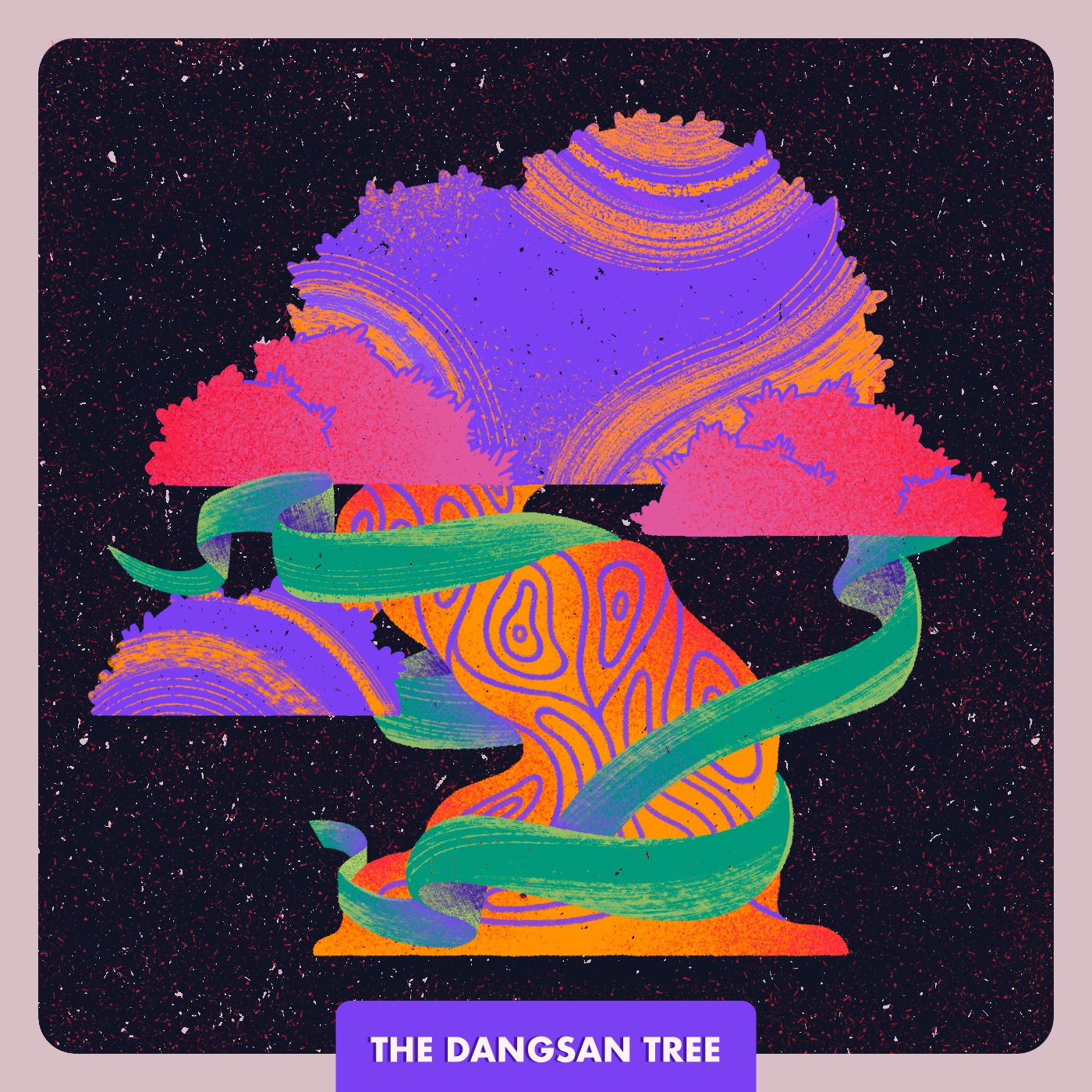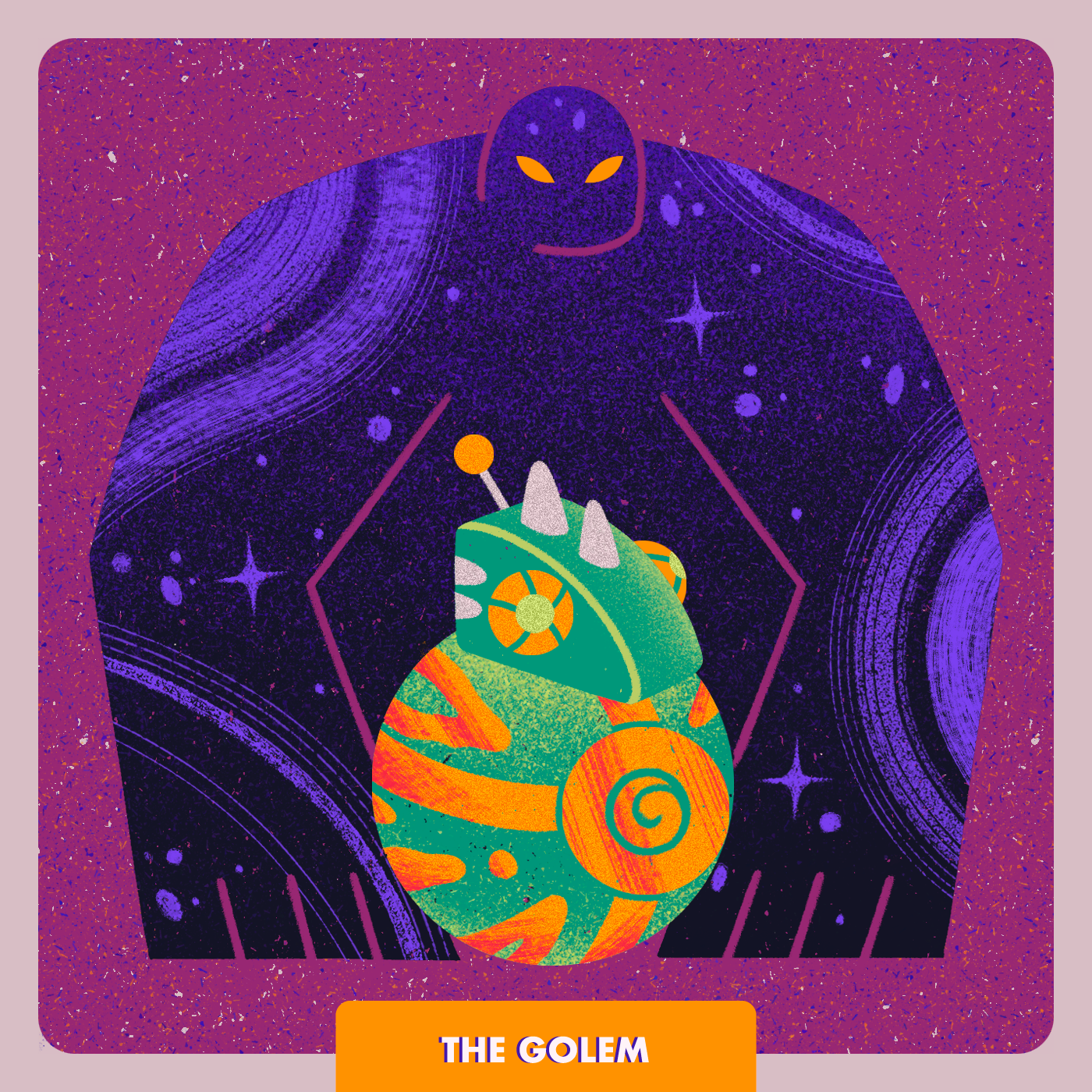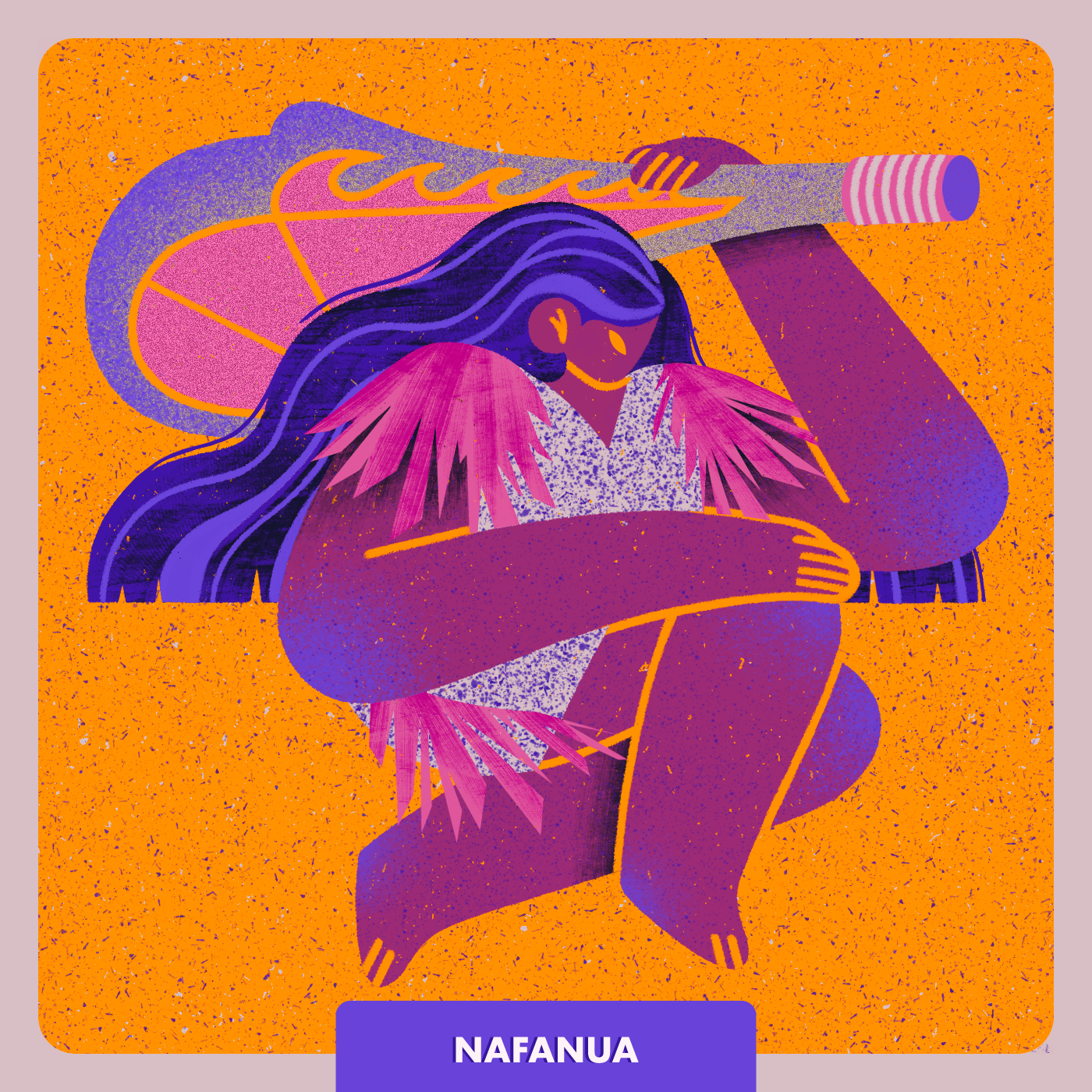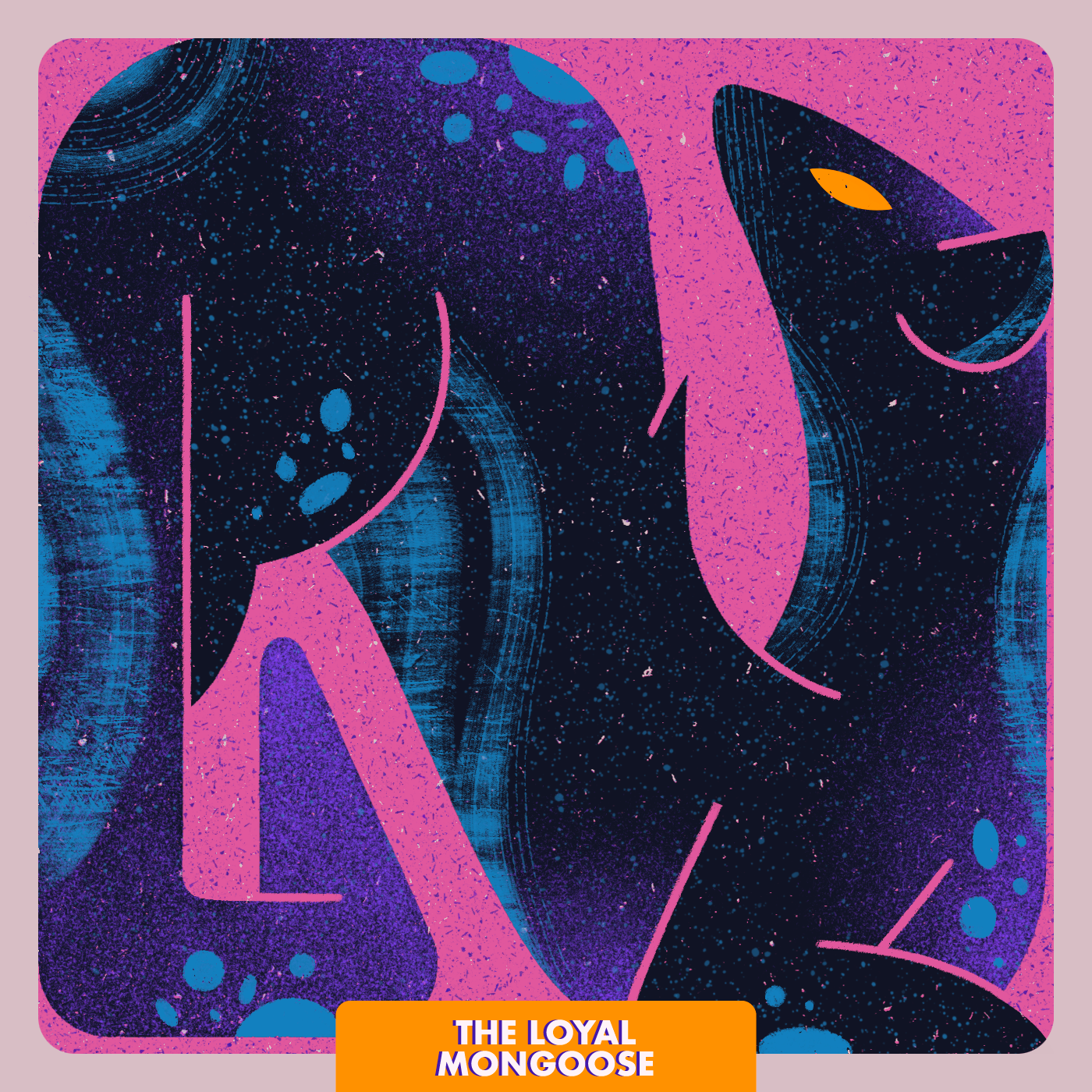Myths, legends, and folk tales await when you step into the 'Cultureverse'
From Studio Ochenta and TRAX from PRX, “Cultureverse” is an immersive audio drama that celebrates our collective cultural past, hosted by Kelly Marie Tran of “Raya and the Last Dragon” and Yara Shahidi of “Grown-ish.”
“Cultureverse” is a place where myths and legends come alive in the modern world. In each episode, an ordinary kid encounters an extraordinary creature, myth, or folk character from their culture and embarks on an exciting journey of self-discovery. This isn’t just an audio adventure; it’s a show that celebrates who we are and where we come from.
To tell us more about the inspiration for and creation of this podcast, we spoke with Lory Martinez, the founder of Studio Ochenta and creative director of “Cultureverse,” and Maru Lombardo, Senior Fiction Producer. Find out how “Cultureverse” is making diversity more than a buzzword below!
What was the inspiration for “Cultureverse”?
Lory Martinez: I’m Colombian American and grew up in one of the most multicultural spaces in the United States: Queens, New York. I went to school with kids with a million different backgrounds. I struggled a lot with assimilating as a Latina growing up, and it was the inspiration for making podcasts that deal with these questions of cultural pride and identity at Studio Ochenta.
I wanted to make a show that reinforced a positive message that I never really got from the media as a kid: Be proud of who you are and where you come from.
So, in making a kids’ show with TRAX, we wanted to make a show that represented that diversity and the beauty of it. So, we researched 12 legends/objects/myths from different cultural backgrounds present in the U.S. and set out to bring them into the modern world. In developing this show, it was all about celebrating that blended cultural history and experience and what makes us who we are as a people.
Kelly Marie Tran hosts episodes 7-12 of “Cultureverse”
Yara Shahidi hosts episodes 7-12 of “Cultureverse”
Who did you have in mind while creating the show?
LM: I was thinking a lot about the kind of messaging I had as a kid and what I would’ve wanted to have at this age. TRAX talks to kids aged 9-13. The goal of this show is really that these next generations (Z and Alpha) have content like this from an early age to reinforce the message that they can and should be proud of their cultural heritage and that of their peers. Diversity is a buzzword these days, but my hope is that it will become the norm to say we should learn and celebrate our differences and build bridges across cultures to make it happen.
Each episode focuses on folklore from a different culture. What is the throughline that brings all of these stories together?
LM: The throughline is cultural identity. This show presents these kids with a vision that their cultural history is part of who they are and the way they experience and see the world. We want our listeners to be inspired to learn more about their cultural identity and become curious about the amazing cultures that they’re surrounded by everywhere they go.
Maru Lombardo: I also think the throughline is the sense of wonder and self-understanding the protagonists experience as they discover how the myth/legend/creature/object they encounter relates to them specifically!
How did you cast each episode of Cultureverse? What do the hosts bring to the Cultureverse universe of stories?
LM: We worked together with TRAX to find the perfect hosts/narrators over several months. It was incredibly important in putting together the “Cultureverse” audio universe because the narrators are the guiding voices of these stories, taking listeners into each cultural adventure. They invite the listener to “step into the Cultureverse,” so to speak.
We are so excited to work with Kelly and Yara because they each believe in the show’s core message of cultural celebration and have helped bring these stories to life in a meaningful way.
ML: We did some real searching when it came to casting because we wanted to make sure each episode was voiced by folks from these cultures who could bring authenticity to each role. We especially wanted to include language from each culture, so the characters' accents, backgrounds, and interest in representing multiculturalism were also important. We were always asking ourselves how to represent that bilingual experience without getting into stereotypes. So, we talked with our actors and made sure it was clear that whether they’re cast as first or second-generation Americans, they’re always authentically representing how bilingualism would be present in their characters’ experience in the real world.
Which stories connected with you the most?
LM: I’m a Latina, so of course, the story that stands out the most for me in all of our editing rounds has been the Cholito episode. It was so exciting to represent a Mexican folk legend to an English-speaking audience. I was particularly excited about the mother character played by Silvia Rosas. We’d worked with her before, and as a Mexican voice actress, we loved being able to represent her accent in English. When I listened, I was like: ‘Ah, that’s how my mom talks! This is what we sound like at home, in our blended Spanish experience.’
I also really enjoyed the story from the Cherokee Nation. It was so great to work with the editorial team on that one because we included words in Tsalagi (Cherokee) language and voiced it with Indigenous actors. But honestly, we connected so much with each community as we developed these stories that I feel honored to have been trusted to represent their culture, and that’s the most rewarding part of it all.
ML: I lived in Puerto Rico for the most important part of my formative years, so I hold “The Wise Fool” story as one of my favorites. It’s one of the most recognizable soundscapes I could work on, as I got a chance to recreate some of Puerto Rico’s distinct natural sound elements (like the coquíes at night).
“The Watermelon Prince” is one of my favorites in the whole series because, with that story, we had the chance to explore the relationship between food and identity on various levels. I love how “Cultureverse” is made up of these compact and complex sound universes to dive into the beautiful processes of self-discovery and celebration.
What’s something that you’re excited for listeners to hear in “Cultureverse”?
LM: I’m excited for folks to hear the sound design!!! We spent months developing soundscapes for the series with our production team. Meeting twice a week for listening sessions and reworking drafts of these episodes has been so much fun. The goal was to create an immersive audio experience, like a movie in your ears, and we’re so proud of the final result.
ML: I agree — we had so much fun putting together the sound design, mixing different music genres for each episode, and giving each adventure its distinct sound universe! I’m also excited for everyone to hear how talented the “Cultureverse” cast is. They all performed amazingly for each role, and I’m very proud of the work we got to make with them.
What do you hope your listeners will take away or gain from this show?
LM: Curiosity! I hope this will spark a curiosity to look up more myths, legends, and folktales from these cultures. Personally, my greatest hope for this show is that it inspires listeners to learn more about their cultural origins and the beautiful cultures that surround them.
ML: The joy of looking closer into our own stories — and also those of others. We cared about the details in each scene as we made “Cultureverse” come to life. I’d love it if this show sparks our listeners to search for the little things around them that make their experiences truly theirs.
How does “Cultureverse” fit into the current social climate?
LM: This show comes at a time when we’re having a lot of conversations about identity. Across American history, and especially during the last 4 years, there has been a climate of discrimination, racism, prejudice, and cultural violence for so many communities. This show hopes to counter that with unapologetic cultural pride. I’m so inspired by this new generation with their cultural pride TikToks and bilingual memes. They see the value and beauty of their culture in a way that Millennials and Gen Xs were taught not to. And so, for us, the show is part of that current zeitgeist of cultural celebration.
What makes TRAX the right home for Cultureverse?
LM: TRAX is a network that speaks to the next generation. And the message behind “Cultureverse” is a celebration of who we are and who we can become as well. And it’s really interesting because I’ve been seeing that message now all over TikTok and on Gen Z-oriented media. The kids are talking about this every day, but it hasn’t been in the mainstream media as much. So making this show with TRAX and PRX allows us to expand the reach of the messaging across the country.
This country is made of a thousand cultures, and we can’t wait to share this show with folks and celebrate them!



